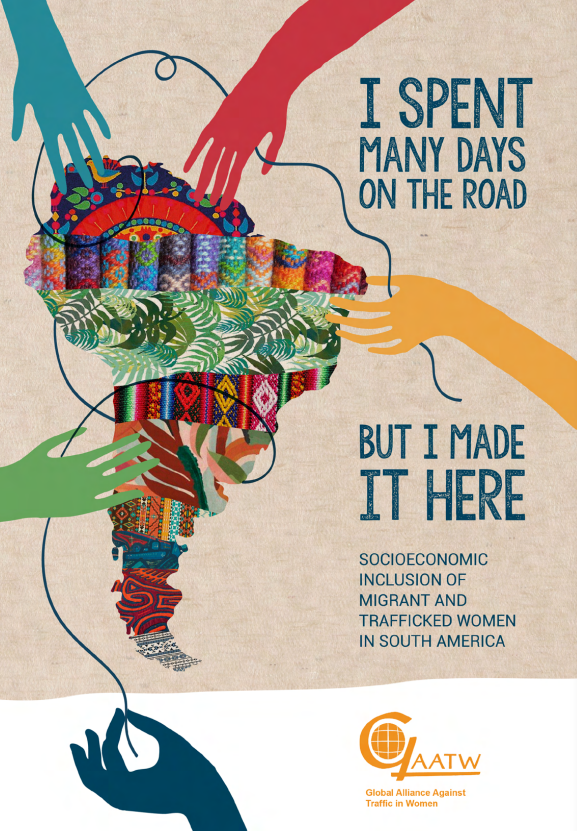This report highlights how migrant women’s experiences of social inclusion and access to the labour market are shaped by their gender, ethnicity, and migration status.
After difficult migration journeys, including spending days on the road, sleeping on the streets, going without food, facing racist or xenophobic behaviours, and fear of sexual attacks, many women found themselves employed in occupations that were below their skill levels and therefore turned to employment in the informal economy which was often gendered work in the domestic, care and cleaning sectors. In these working conditions, women were often subjected to limited or no access to social protections and labour rights, abuse, exploitation, and mistreatment.

